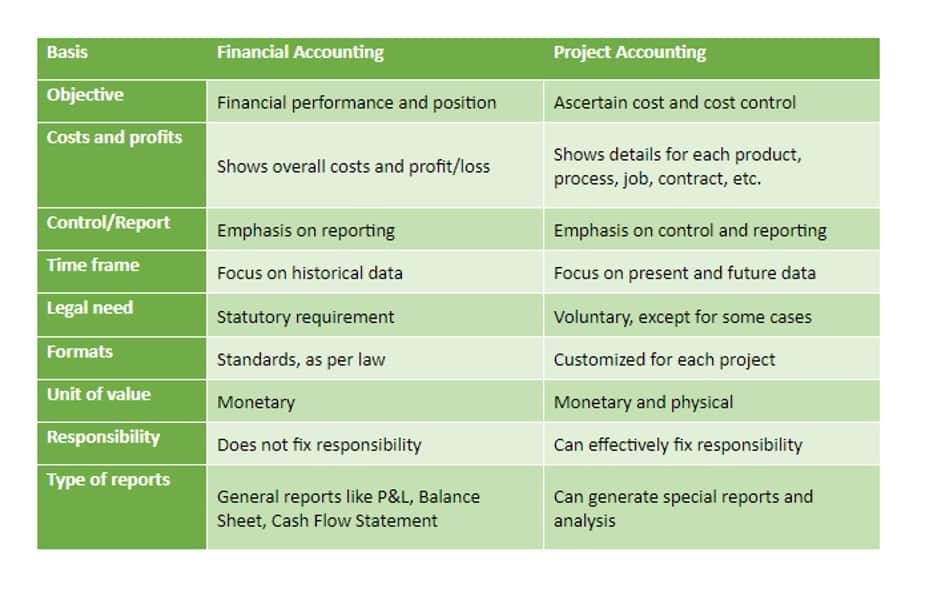
Some companies may use GAAP and non-GAAP measures to report their what is accounting financial results. GAAP regulations require that non-GAAP measures be identified in financial statements and other public disclosures, such as press releases. Outside the U.S., the most commonly used accounting regulations are known as the International Financial Reporting Standards (IFRS). The IFRS is used in over 100 countries, including countries in the European Union, Japan, Australia and Canada.
Diverse Types of Companies
- Gaining at least a conceptual understanding of the motivations behind GAAP will help you keep the financial reporting side of your business running smoothly.
- GAAP and the International Financial Reporting Standards (IFRS), known as the IASB-FASB convergence project.15 The scope of the overall IASB-FASB convergence project has evolved over time.
- As of June 2024, the United States has not fully adopted IFRS principles, and domestic U.S. companies remain bound to GAAP reporting guidelines.
- Both systems accept the first-in, first-out (FIFO) and weighted average-cost methods.
- GAAP is managed and published by the Financial Accounting Standards Board (FASB), which regularly updates the list of principles and standards.
- Any company following GAAP procedures will produce a financial report comparable to other companies in the same industry.
The IFRS Foundation is responsible for overseeing, maintaining and updating the accounting standards in each what are retained earnings of these countries. The United States Securities and Exchange Commission (SEC) was created as a result of the Great Depression. The SEC encouraged the establishment of private standard-setting bodies through the AICPA and later the FASB, believing that the private sector had the proper knowledge, resources, and talents. Currently, the SEC works closely with various private organizations setting GAAP, but does not set GAAP itself. The following subsections introduce and explain the roles that various boards and organizations play in the ongoing development of generally accepted accounting principles. As global operations and markets expand, international standards like IFRS are gaining traction, even in the U.S.
Understanding GAAP
- It is the U.S. equivalent of the International Financial Reporting Standards (IFRS).
- Besides the ten principles listed above, GAAP also describes four constraints that must be recognized and followed when preparing financial statements.
- Thus, in 1959, the AICPA created the Accounting Principles Board (APB), whose mission it was to develop an overall conceptual framework.
- The board comprises seven full-time, impartial members, ensuring that it works for the public’s best interest.
- The SEC encouraged the establishment of private standard-setting bodies through the AICPA and later the FASB, believing that the private sector had the proper knowledge, resources, and talents.
While the two systems have different principles, rules, and guidelines, IFRS and GAAP have been working towards merging the two systems. US securities law requires all publicly-traded companies, as well as any company that publicly releases financial statements, to follow the GAAP principles and procedures. Accounting principles help hold a company’s financial reporting to clear and regulated standards. In the United States, these standards are known as the Generally Accepted Accounting Principles (GAAP or U.S. GAAP). Companies required to meet GAAP standards must do so in all financial reporting or risk facing significant consequences. Domestic U.S. companies whose securities trade on public exchanges must use GAAP guidelines, as do businesses operating in regulated industries.

Financial Accounting Foundation

If a corporation’s stock is publicly traded, its financial statements must follow rules set by the U.S. The SEC mandates that publicly traded companies in the U.S. file GAAP-compliant financial statements regularly to maintain their public listing on stock exchanges. GAAP compliance is verified through an appropriate auditor’s opinion, resulting from an external audit by a certified public accounting (CPA) firm.
What is GAAP vs. IFRS?
This compensation does not influence our school rankings, resource guides, or other editorially-independent information published on this site. Integrity Network members typically work full time in their industry profession and review content for Accounting.com as a https://www.bookstime.com/articles/predetermined-overhead-rate side project. All Integrity Network members are paid members of the Red Ventures Education Integrity Network.
No responses yet